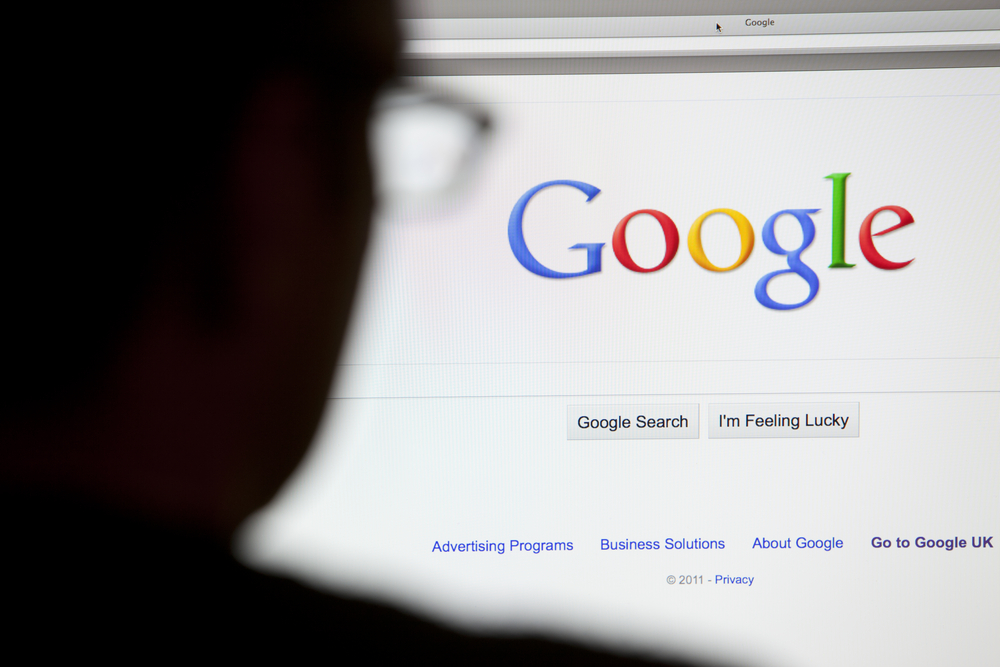A recent study published by the Yelp data science team, conducted by researchers at the Harvard Business School and Columbia Law School, suggests Google is prominently displaying its own content ahead of others in organic search results.
The study aims to prove Google’s actions are harming users by presenting them with inferior results to what they would otherwise find if all search results were displayed organically.
In order to prove this theory, researchers from Harvard and Columbia conducted a test comparing Google’s results as they’re currently being displayed, with results determined by Google’s merit-based algorithm.
Following this test, researchers came to the conclusion Google is unfairly promoting its own content ahead of content from external sources, “leaving consumers with lower quality results and worse matches.”
Local Searches Skewed Most Heavily
The study finds Google is most heavily pushing its own properties ahead of competitors when it comes to local intent-based searches. These searches make up over 50% of all mobile searches, and roughly a third of desktop searches.
When conducting a local search, users are most often presented with Google’s Local OneBox — a list of seven businesses with links to Google+ Local pages. However, the study contends Google’s algorithm could be used in these instances to surface better results for its local search boxes.
Through comparative testing, researchers determined consumers would prefer results surfaced from Google’s own algorithm over the results being chosen to populate the local OneBox.
This is a disservice to both consumers and merchants, the study argues, since consumers are not getting the most optimal results and merchants are missing out on opportunities to sell to them.
“From this paper one thing should be abundantly clear. The easy and widely disseminated argument that Google’s universal search always serves users and merchants is demonstrably false.”
Google Stifling Competition?
Following a randomized and controlled trial, researchers found searchers are 45% more likely to engage with local specialized results from universal search when results are determined organically.
Compared with the 32% of users who would click on results from the Google local pack as its currently being displayed, that’s a near 50% increase in click-through rate for Google’s local competitors — such as Yelp, Expedia, and so on.
The study cites a statement by the Federal Trade Commission (FTC) following an investigation into claims against the search giant. FTC’s statements back up the suggestion that Google is deliberately deploying universal search in a way that hurts competitors at the expense of consumers:
“Evidence shows that Google sought to increase such “triggering” of Universal Searh results not only to provide users with the “right” answer to their queries, but also to drive traffic to Google properties.”
For more information about these claims against Google, including full details of how the study was conducted, you can view the full SlideShare document titled “Is Google degrading search? Consumer Harm from Universal Search.”
Image Credit: antb / Shutterstock.com





